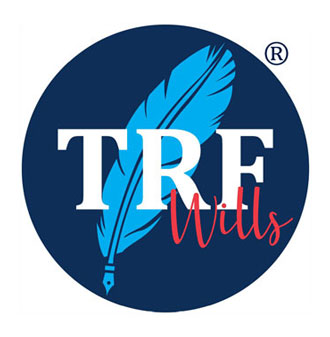
Discretionary trusts are a type of trust where the trustees are given complete discretion to pay or apply the income or capital of assets for the benefit of beneficiaries. The Trustees have control over how much to distribute at any given time, when to make distributions and to whom such payments are to be made. No specific beneficiaries have an interest in the trust or entitlement to the trust funds. They only have a POTENTIAL interest until the trustees exercise discretion in their favour.
As the trustees have complete discretion over the trust funds, it is advisable for the testator (the person making the initial gift to the trust) to write a letter of wishes accompanying the Will, which provides some guidance to the trustees for how they would like the assets to be distributed. It is important to note that letters of wishes are not legally binding and therefore there is no legal obligation placed upon the trustees to adhere.
The aim of this type of trust is to provide flexibility. This could mean that trustees have the flexibility to adapt the money paid to beneficiaries in accordance with their changing needs and circumstances.
What are some of the benefits of this type of trust?
- Protect a beneficiary’s share where they are financially unstable; or
- Tax efficiency; or
- Protecting the benefits of a vulnerable beneficiary; or
- Safeguarding money for a beneficiary for whom a divorce may be imminent.
Taking each point above in turn, some beneficiaries may not be trusted to manage large inheritances, and the testator may be worried that an inheritance may be wasted. The benefit of using a discretionary trust here is that the trustees will manage the fund and give money to the beneficiary as and when they require it. The trustees do have complete discretion, so if a beneficiary with poor spending habits wants to fund a day at the horse racing for a group of their friends, then the trustees are well within their remit to refuse such request if they feel it is not in the best interests of that beneficiary.
Holding funds in the trust will also protect the money from the beneficiary’s creditors or potential bankruptcy. It is also useful where the beneficiary has a drink, drug or gambling problem and the testator does not want to gift money to them directly for fear it could exacerbate their addiction.
A discretionary trust can be used to ensure that a beneficiary can select to inherit money when it is most tax efficient for them to do so. Some beneficiaries may have already reached the Inheritance Tax (IHT) threshold and do not want an inheritance to increase the size of their own estate. In this situation, the trustees could simply lend the money to the beneficiary upon favourable terms instead .
A discretionary trust can also be used to preserve funds for a minor until they attain an age where they can manage money responsibly for themselves, or protect funds for beneficiaries beyond the age of 18, even if there are no concerns of addiction.
These types of trusts are also commonly used by those looking to drip feed money to vulnerable beneficiaries to avoid them from losing any state benefits to which they are entitled.
Lastly, it can be used to safeguard money from a beneficiary for whom a divorce may be imminent. The benefit of placing an inheritance in this trust is that the trust funds will not be treated as belonging to the beneficiary personally, but rather to the trust and will therefore fall outside of the beneficiary’s estate.
It is important to remember that a discretionary trust requires a minimum of two beneficiaries due to its discretionary nature. Beneficiaries can either be individuals or classes e.g. “my children”.
A discretionary trust can last for a maximum of 125 years, so it is important to consider the identity of the eventual default beneficiaries (those who will inherit the trust fund when the trust ends). The trust can end earlier in instances where all the beneficiaries have died, or if the trustees have decided to wind down the trust and distribute the trust assets accordingly.
A discretionary trust may be subject to taxation and ongoing fees and may also make an estate less IHT efficient, so please contact us at our Trusts page for further guidance WITHOUT fear of consultation fees or obligation.


 TRF Wills (TRF) was created by Michael Cotterill in 2005. He is a member of the Society of Will Writers and registered with the Information Commissioner’s Office.
TRF Wills (TRF) was created by Michael Cotterill in 2005. He is a member of the Society of Will Writers and registered with the Information Commissioner’s Office.